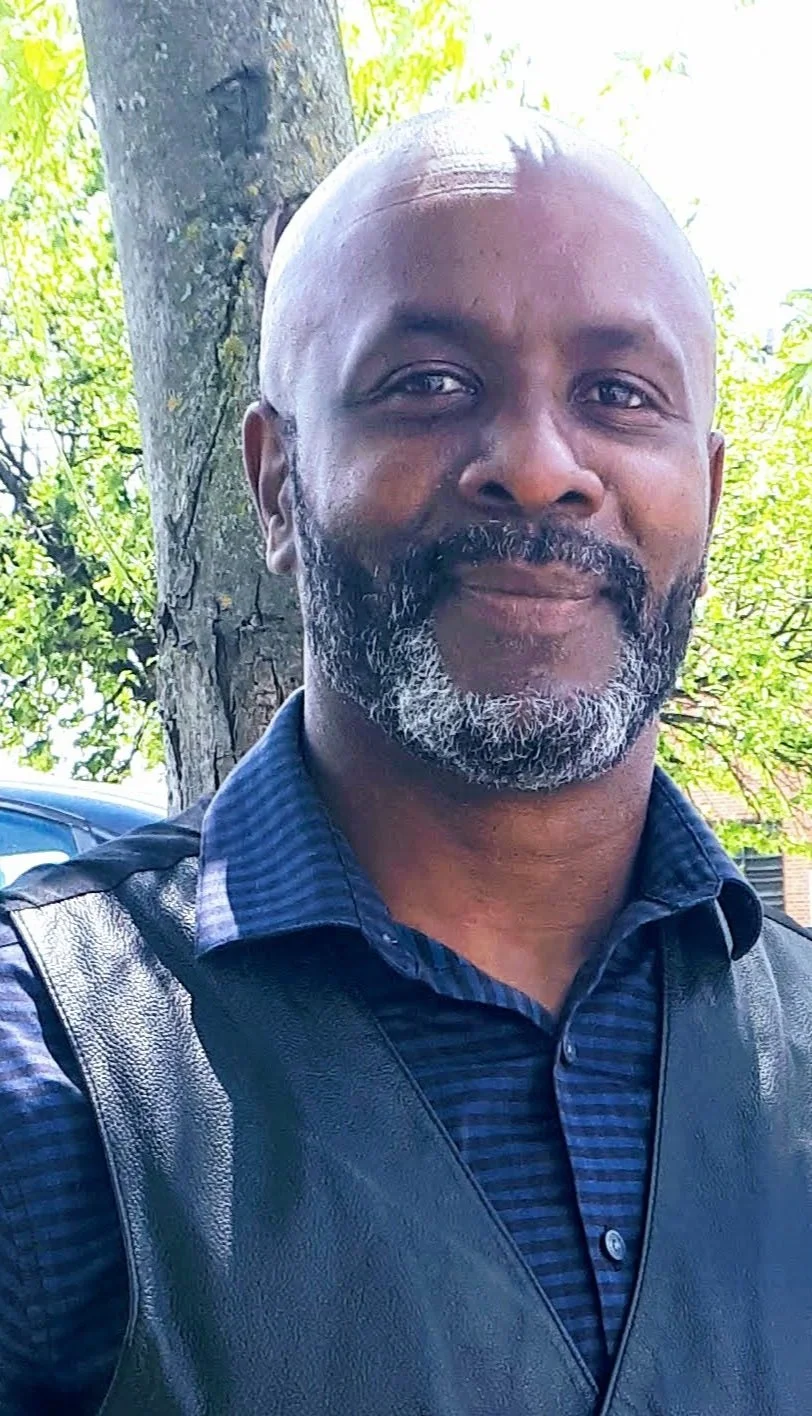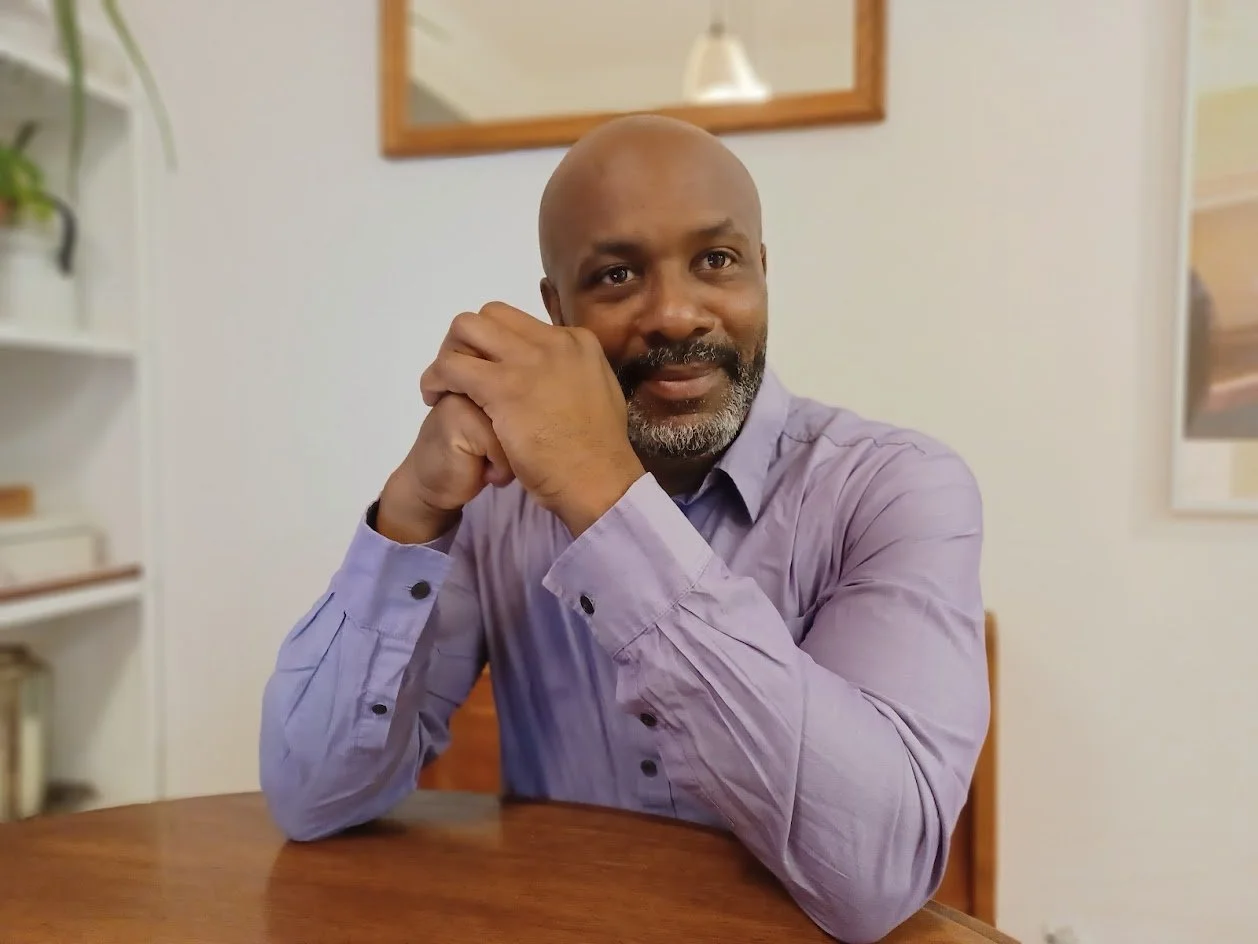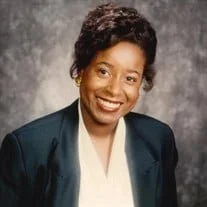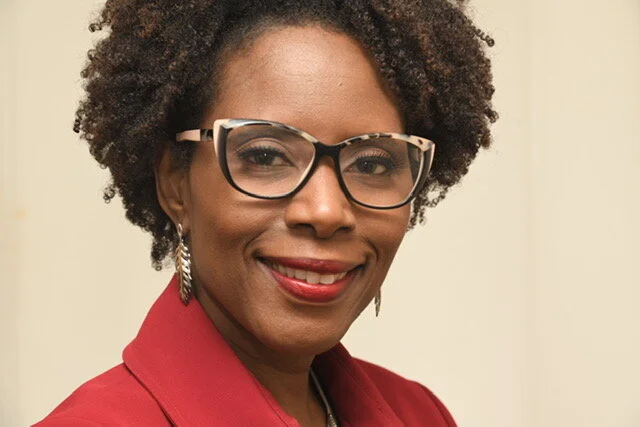Marlon Merraro's lived experience prepared him for role as Children's Aid Society Toronto Board Chair
December 23, 2020
Working since the age of 12 to support his large family, Marlon Merraro didn’t consider pursuing post-secondary education after graduating from Downsview Secondary School.
Noticing that he enjoyed volunteering, his girlfriend at the time suggested he help out at the Pape Adolescent Resource Centre that assists young people in care prepare for independent living.
“While doing that, some people said I should go to college, and I remember telling them I wasn’t good in school,” Merraro recalled.
Heeding the advice, he applied to George Brown College and was admitted into the two-year Community Worker program.
“I did really well and I decided to go on to university because no one in my family had done so,” he said. “I decided it was time for me to break that cycle.”
The first in his family to graduate with a degree, Merraro was recently appointed Children’s Aid Society Toronto (CAST) Board Chair.
He is the second Black Board Chair of the 146-year-old organization that is the largest board-governed child welfare agency in North America.
The late Ralph Agard headed the Board in the late 1980s.
Merraro brings to the Board a deep passion, experience and drive for finding creative solutions to complex social problems.
“With our young people being re-energized, changing the conversation and forcing older folks to join them and continue to make a difference, I thought this is a moment in time where I could, in a strategic position, add value and contribute to the work of many others before me and those around me doing similar things,” he said. “With my volunteer work and life experiences, this is a moment to do something. I didn’t want to miss this opportunity to be able to contribute.”
Merraro joined the Board two years ago.
“I have seen how it works, where there is opportunity to add value and make some changes,” he noted. “I got an insight into the culture of the Board and how things work. I have learnt a lot in that time and am in a position to suggest changes that we need to have happen.”
Marlon Merraro (Photo contributed)
CAST Chief Executive Officer Paul Rosebush said Merraro has demonstrated an in-depth knowledge of the agency’s mandate, priorities and the needs of the communities it serves.
“Marlon’s lived, educational and professional experience provides him with a unique lens and understanding of the inter-related systems and challenges faced by families in Toronto,” he said. “As our first Board Chair who identifies as Black Canadian, he will support and lead us in making our Service more inclusive and accessible for all equity-seeking communities with a focus on rebuilding trust and strengthening our relationships with African, Caribbean and Canadian communities.”
Grasping early in life that physical and social environments are pivotal in fostering or hindering the health of a community and choosing to focus his academic and professional career on the improvement of inter-related systems and the impact they have on those who rely on them the most give Merraro an edge in his new role.
“Not only do I have the lived experience and am resilient, but I have been through the academic stream which allows me to articulate those lived experiences with an academic lens in spaces that sometimes may not value those lived experiences the same way that I do or others may want to do,” the Tim Hortons Foundations Camps Board member pointed out. “I could take the experiences of what we see in communities and speak the language. For those that are negatively impacted, I can translate their needs into solutions when we gather in the boardroom.
“I also have extensive networks of like-minded people who are doing similar work across various sectors. Those networks enable me to bring in other people who I think are smarter than me or who have interfaced with the issues within child welfare.”
Studies have indicated there is an over-representation of Black families in the child welfare system.
Merraro’s appointment comes at a significant time for the agency as it works to address its historic legacy with Black communities, rebuild trust with families and implement partnerships and early interventions aimed at reducing the number of Black children and youth that enter its care.
He’s confident things will change.
“I think one of the things that I bring to this role in regards to addressing disproportionality is that we have developed metrics strategies not just talking about people’s experiences in child welfare, but what the solution is and then how are we going to measure whether it is working or not,” Merraro said. “For a long time in child welfare, we did not have metrics for how we diversify our workforce, how we measure the impact of the strategies and the resources that we put into programming services and where those resources are going. We are now measuring our principles and values in a way that we as a Board can hold ourselves accountable and we are holding the leadership of the organization accountable for what we envision to be a different child welfare agency in how it deals with the issues of disproportionality.
“One of the key things I think is different this time around is that we are acknowledging where our limitations are as a child welfare agency and that we also have to acknowledge and hold others accountable for who is coming into our system. We now have the opportunity to talk about who is coming to us and why. If we don’t have control about who comes to us, then what are we doing to address and hold those who are accountable for referring young people to us and why they are coming to us. Are we the most appropriate system for children, youth and families keeping in mind that we have children and youth out there that are in unsafe situations and we need to support them in safer and more supportive situations? Outside of those who may be in imminent danger, there are those that sometimes come to us where we may not be the best system for them.”
Having a passion for children is one of the key requirements to be a to be a Board member.
Being the last of nine children, Merraro has had the opportunity to watch and learn as his older siblings did their part to support the family.
“I am always looking to create more safer and welcoming spaces so that young people can be the best versions of themselves,” he said. “Every young person deserves that.”
Migrating from Jamaica in the late 1970’s, Merraro and his family resided in the Jane & Finch community.
Like many young newcomers, he was held back a grade because teachers claimed he didn’t speak English.
“Those experiences and seeing some of my own family members, friends and community members who didn’t make it because of unjust challenges motivate me to be at the decision-making table helping to make change,” said Merraro who graduated from Ryerson University with a Social Work degree, York University with a Master’s in Critical Disabilities and completed the United Way Emerging Leaders Society program.
Since January 2020, he has been the Executive Director of Peacebuilders Canada.
Previously, Merraro managed agency-based training and support at the Ontario Association of Children’s Aid Societies and was the Regional Manager of Community Health with Toronto Community Housing, Manager of Youth & Family Services at St. Stephen’s Community House and Urban Issues with the City of Toronto Public Health and Director at Eva’s Initiatives and Rexdale Community Hub.







